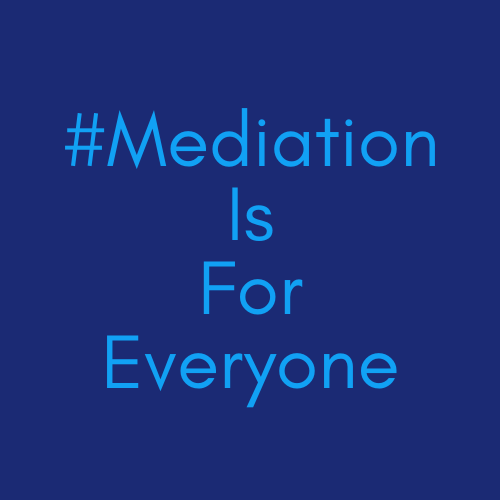So I’ve been practicing mediation for a long time. Like a really long time. And my practice started at such a young age that the principles, communication skills, and premise of mediation have informed pretty much all of my adult relationships. Sometimes being so immersed in a particular way of seeing the world can make it challenging to understand that not everyone sees things the same way.
Research confirms that most members of the general public here in the U.S. don’t really know what mediation is. Even if they’ve heard the term, they don’t understand how to differentiate mediation from other problem solving or dispute resolution frameworks. And many folks don’t really know how mediation is different from litigation.
If we scan the popular media for representations of mediation, what is out there might be good for entertainment value but not necessarily accuracy. Anybody seen the short lived tv drama Fairly Legal? Or Ice-T as The Mediator? Both of these attempts to popularize mediation seem to reinforce some of the inaccurate assumptions that a mediator is someone who will come in and tell you what to do because they somehow have better reasoning skills or more life experience.
You don’t have to have a law degree, or really any formal educational qualifications, to be an excellent mediator. The best mediators see their clients as the experts. The best mediators are the best listeners, able to understand and empathize. The best mediators are open minded and support creative problem solving, never pigeon holing people into narrow options.
And there are so many more applications for mediation skills and practice than most people realize. This is what I’m feeling most excited about these days as I lean into my belief that #MediationIsForEveryone. The challenge of increasing awareness and democratizing the tools of mediation is equal parts confounding and invigorating.
I’m setting a challenge for myself to begin to articulate the myriad ways that mediation skills have been applicable in my life, as well as other opportunities I see for applying these tools. My hope is that one day everyone will be equipped to handle communication and conflict effectively in their own lives and relationships, and that the role of mediator will be central to all of our social institutions.
